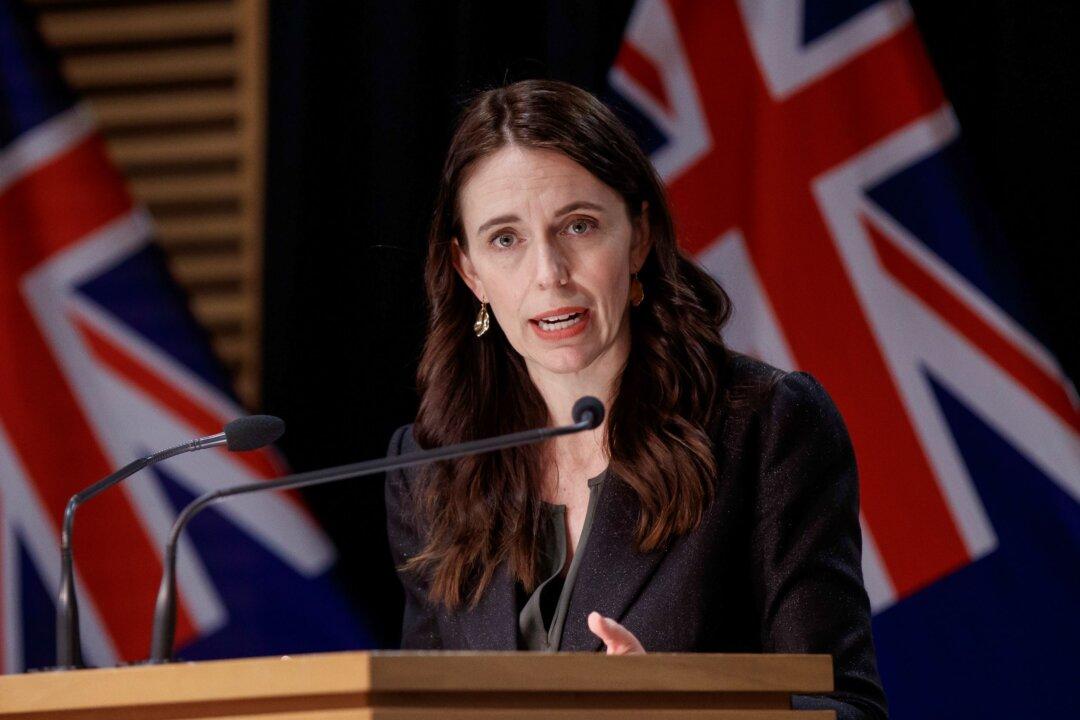New Zealand families will be encouraged to scrap their old vehicles in exchange for low-emission alternatives under the government’s Emissions Reduction Plan, with more details to be revealed when the 2022 budget is released.
“This is a landmark day in our transition to a low emissions future,” Prime Minister Jacinda Ardern said. “This is a challenge I know New Zealand can succeed in. Our plan is achievable because it includes a role for government as well as for every community and sector of the economy.”





